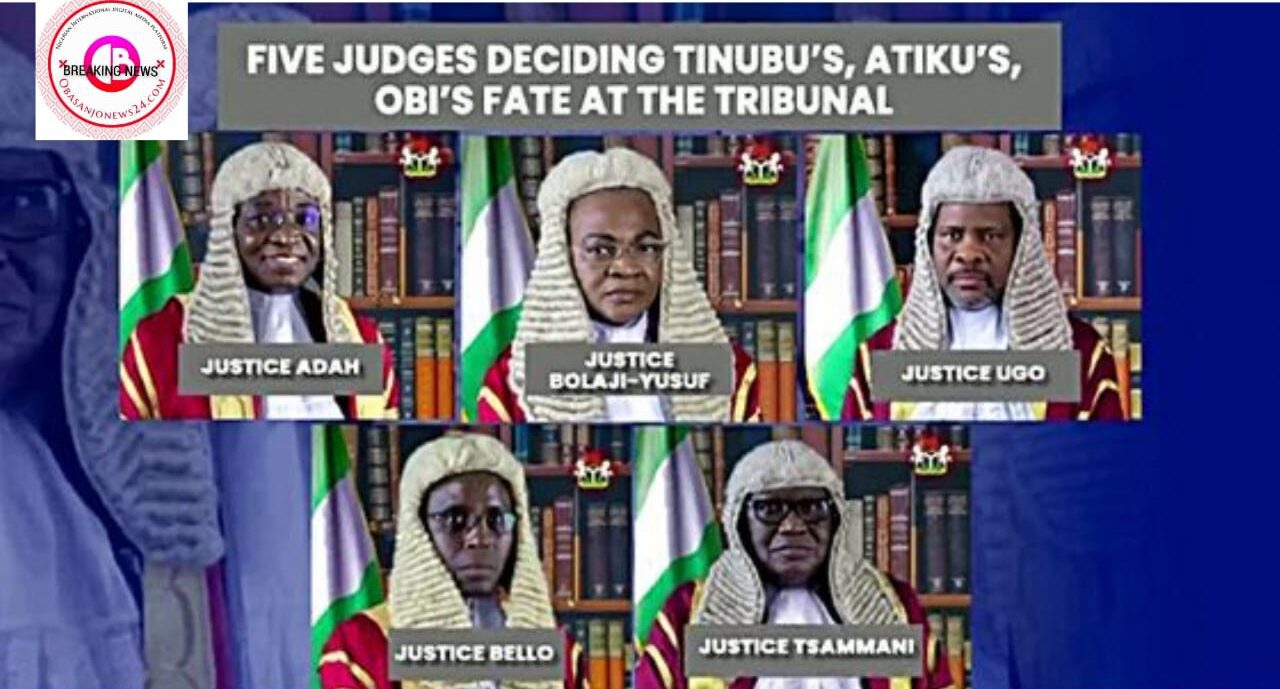Headlines
Tinubu, Atiku, and Obi know their fate today, all eyes are on the judiciary

Today (Wednesday), the Presidential Election Petitions Court is anticipated to issue its decision.
With the cockcrow of Wednesday (today), the anticipation for the rulings of the Presidential Election Petitions Court is over for millions of Nigerians and foreign observers.
Many people will watch the broadcasted live proceedings from the Tribunal venue at the Court of Appeal in Abuja, the country’s political capital, with bated breath while hooked to their digital gadgets.
From Port Harcourt in southern Nigeria to Potiskum in far-off northern region, and from Yola to Oyo, there is a distinct sense of anticipation and anxiety as Nigerians wait in anticipation for the judiciary’s decision on the hotly disputed presidential election that took place on February 25, 2023.
The Independent National Electoral Commission (INEC) estimated that slightly more over 24 million people cast legitimate ballots in the election.
The All Progressives Congress (APC) candidate and former governor of Lagos State, Bola Tinubu, received 8,794,726, nearly two million more votes than his closest rival, former vice president Atiku Abubakar of the Peoples Democratic Party (PDP), who received 6,984,520 votes, according to the electoral umpire.
Peter Obi, the Labour Party’s (LP) candidate, finished first with 6,101,533 votes. In less than a year, he mobilised youthful voters in a way that some have dubbed unprecedented.
Tinubu, Atiku, and Obi each won 12 of Nigeria’s 36 states, while Rabiu Kwankwaso, the former governor of Kano State and candidate for the New Nigeria Peoples Party (NNPP), finished fourth and won his state of Kano with 1,496,687 votes. Additionally, the four candidates made major gains in a number of other states.
On March 1, 2023, Tinubu was subsequently named the election’s victor by INEC. Atiku, Obi, and their millions of followers angrily protested this decision.
